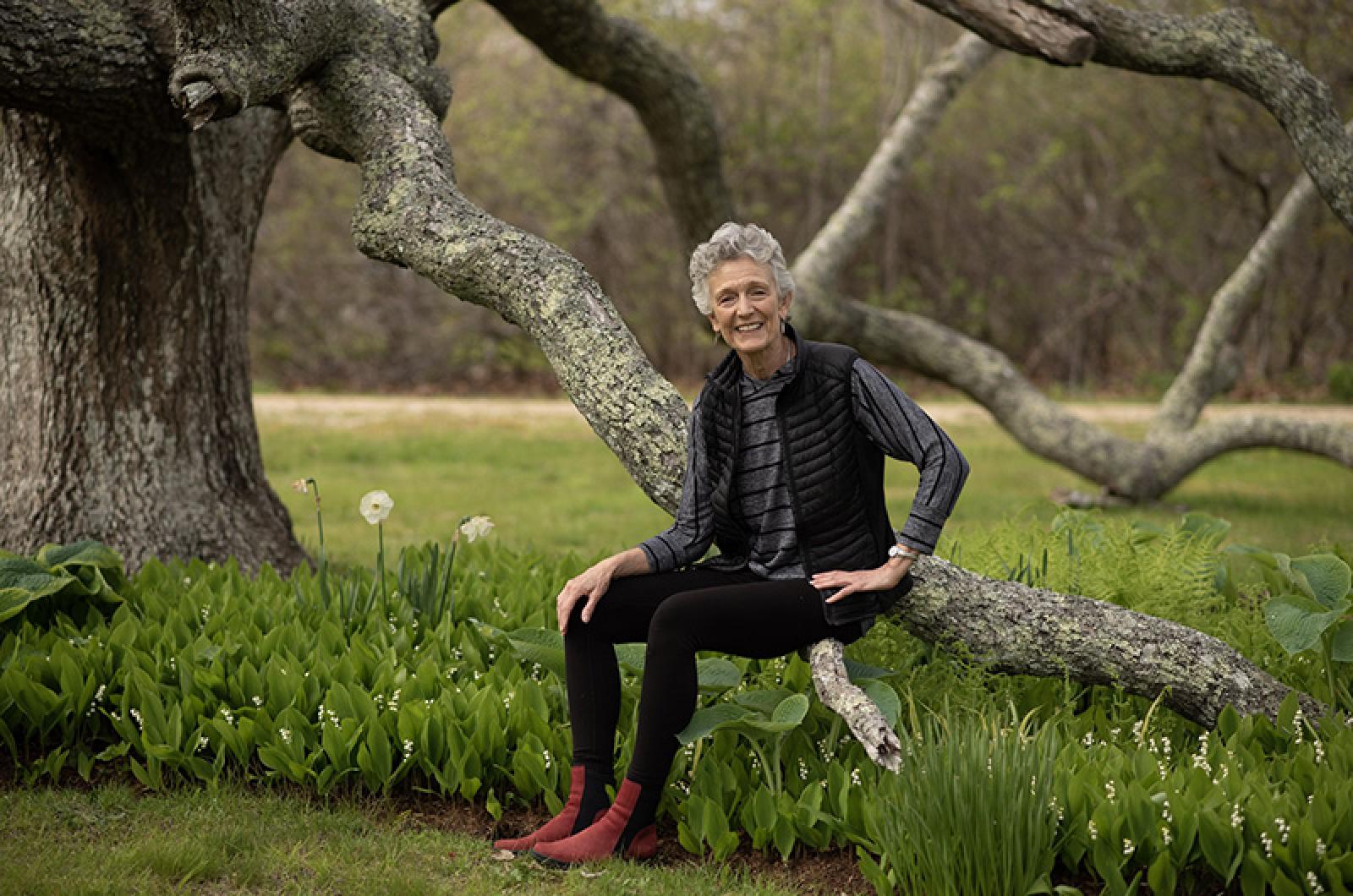The Moon Always Rising by Alice C. Early, She Writes Press, 2020, 364 pgs., $16.95.
Eleanor (Els) Gordon is almost hollowed out by grief and stress and general burnout at the beginning of Alice Early’s wonderfully involving debut novel The Moon Always Rising, which has been named a finalist in the Next Generation Indie Book Awards.
Els is the daughter of ennobled Scottish financier Sir Harald Gordon (she’s occasionally teasingly asked if people should call her Lady Eleanor), and she works at Standard Hebrides Bank, her father’s preferred banking institution. But this prefers no advantages on her; she works the punishing hours of investment banking, her boss is a sexist lout, and the “hyenas” in her department are just waiting for her to fail.
Els describes herself as a “scrapper,” but in a world where everything is about keeping score, she’s reached a point where “icy anger had frozen her grief into her bones, but recently the marrow seemed overwhelmed by the effort of this compression and had begun emitting a kind of fog, like dry ice vapors that displaced the air in her lungs and slowed her brain.”
And it’s taking a toll professionally — she’s starting to make mistakes on the job.
Her boss sends her to a resort on the beautiful Caribbean island of Nevis (the novel’s wonderfully-evoked centerpiece location) not so much in a gesture of compassion but rather as an extended warning: get your act together, or get fired.
She goes, and she’s immediately introduced to the strange, luscious world of Nevis with its choking heat, its beautiful greenery, its glowering central peak and its colorful inhabitants, both the locals and the odd assortment of outsiders who’ve washed up there. She’s hardly on the island a minute before she notices a rambling, derelict seaside house her native driver says is haunted by the ghost of Jack Griggs.
The resort turns out to be teeming with exactly the kind of mergers and acquisitions sharks Els hoped she’d left behind, but there are exceptions, most notably Liz Ingraham, the charming and sympathetic charter boat captain she meets while on a brief sailing trip with a boorish Wall Street executive.
That executive warns her about a perennial temptation experienced by so many people who come to visit the Caribbean (or most exotic locations, for that matter, particularly islands).
“Living here would never match your fantasy,” he tells her. “Stuck in the expat community of misfits and exiles. Impossible to become friends with the natives. Just because they smile at you, don’t get to thinking they like you.”
But even so, that dilapidated house calls to her. The place is falling apart (the very reluctant estate agent needs a pry bar just to get into the place), and the locals are eager to warn her about the bad magic surrounding the house and its deceased owner, Jack Griggs, who’s variously described as “A fancier of frisky young things, a drunken brawler” and an “unabashed romantic, inveterate questioner, recovering pugilist.”
Impetuously, she decides to buy the place, fighting against both the local warnings and her own frustration with the strictures of her own experience.
“My whole life has been one huge compensation,” as she characterizes it.
Ms. Early fills her novel with plenty of secondary characters and plot twists (including a poignant one involving Sir Harald back in Scotland), but most readers will concentrate on the central plot of Els and her haunted house, especially when the ghost of Griggs begins making appearances. He might occasionally offer Els the kind of spectral generalities that ghosts in fiction tend to traffic in, telling her at one point “Forgive the past, embrace the future,” but Ms. Early is too canny a writer to let these encounters sink into bathos. She keeps them both spicy and slightly sarcastic.
“Did I . . . summon you?” Els asks the ghost at one point, only to receive the sharp rebuke, “Don’t believe all that mumbo jumbo ... It’s hard work getting here.”
Like all self-respecting ghosts, Griggs is dealing with his own deep-seated personal issues and by intertwining the stories of these two resilient scrappers, Ms. Early turns the Moon Always Rising into a thoroughly enjoyable tale of personal renewal. It’s been a whopping 75 years since Josephine Leslie (writing under the pen name of R. A. Dick) gave the world The Ghost and Mrs. Muir. Alice Early has given that beloved old story a sensual and knowing tropical update.







Comments
Comment policy »